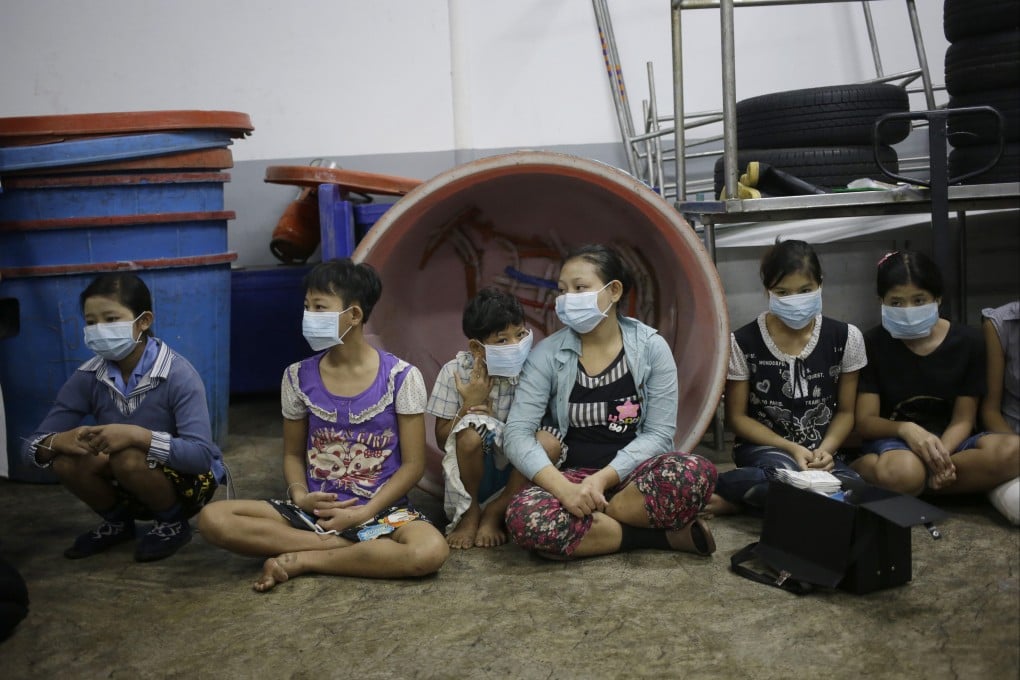Macroscope | How the coronavirus pandemic puts businesses at higher risk of being linked to modern slavery
- The pandemic has allowed human trafficking and other types of labour exploitation to flourish, as supply chains were disrupted and traffickers rushed in to fill the void
- The financial services and technology sectors have unwittingly become two of the industries most exposed to this issue

The global health crisis continues to disrupt and transform our daily lives. In particular, businesses have found their operations dramatically impacted and have had to find new ways to remain relevant, accessible and solvent.
To understand this phenomenon better, Dow Jones recently conducted research on the impact of Covid-19 on modern slavery – an illegal activity which, according to the International Labour Organization, generates US$150 billion in profits each year.
The study revealed that coverage of the topic dropped by 25 per cent globally following the onset of Covid-19 compared to the same period the year before. In Asia, this decrease was 26 per cent and there was an even steeper drop in cases reported to regional NGOs on the ground.
At face value, these findings could imply that human trafficking now poses less of a threat to businesses, but the reality is quite the opposite. Because unlike conventional industries, modern slavery didn’t stop during the pandemic.
In fact, whilst most of the world was shutting down at the onset of Covid-19, the resulting material and labour shortages created new opportunities for traffickers to fill the void and exploit victims within the operations of legitimate businesses.

